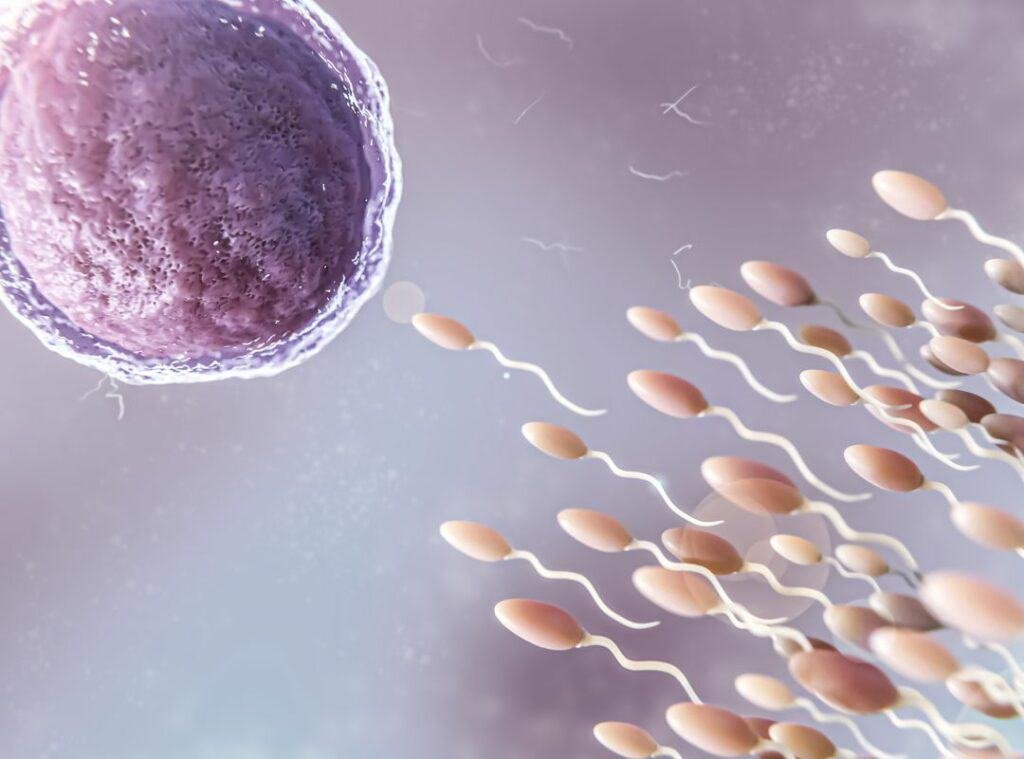Fertility is the ability to conceive and have children. It depends on many factors, such as age, health, lifestyle, and genetics. Fertility can vary between men and women, and also within each sex. In this article, we will explore some of the main differences between male and female fertility, and what can affect them.
What is Infertility?

Infertility is the medical term for when you can’t get pregnant despite having frequent, unprotected sex for at least one year for most couples. Infertility is not just a woman’s problem. Men can be infertile too. In fact, men and women are equally likely to have fertility problems. According to the Office on Women’s Health, about one-third of infertility cases can be attributed to female infertility while men’s problems account for another third of infertility cases. The remaining third of cases may be caused by a combination of male and female infertility, or they may have no known cause.
Processes of Fertility
Male and female fertility involves intricate hormonal, organ, and reproductive cell interactions. Key stages include ovulation, sperm production, ejaculation, sperm motility and morphology, fertilization, and implantation. These processes collectively contribute to the formation and development of an embryo.
Causes of Male Infertility

Factors influencing male infertility range from medical conditions affecting sperm production and quality to issues with sperm transport and ejaculation. Immune system-related problems, lifestyle factors (such as age, smoking, and alcohol consumption), and medications can also impact male fertility adversely.
Causes of Female Infertility
Female infertility may arise from conditions affecting ovulation, fallopian tubes, uterus, cervical mucus, or vaginal environment. Lifestyle factors (e.g., age, smoking, and weight) and medications can also contribute to fertility challenges in women.
Fertility Challenges
Facing fertility challenges is common, but effective treatments exist. Seeking medical advice and exploring available options can help couples realize their dream of parenthood. If fertility concerns arise, know that you are not alone – support and solutions are within reach.
Explore holistic approaches to enhance fertility with Male Fertility Support. Crafted with precision, this natural supplement aids reproductive health, supporting vitality, stamina, and hormonal balance. Embrace hope and take proactive steps on your path to parenthood.
Conclusion
Fertility is a complex and sensitive topic that affects many people around the world. There are many differences between male and female fertility and many factors that can cause infertility. However, there are also many options for diagnosis and treatment that can help couples achieve their dream of having a baby. If you and your partner are facing fertility issues, you are not alone. Seek medical advice and support, and explore the possibilities that are available for you.









